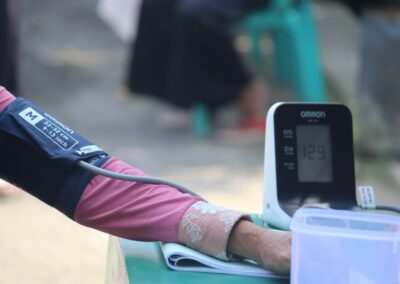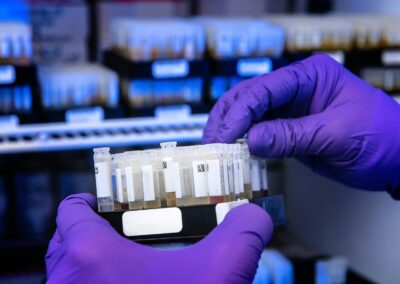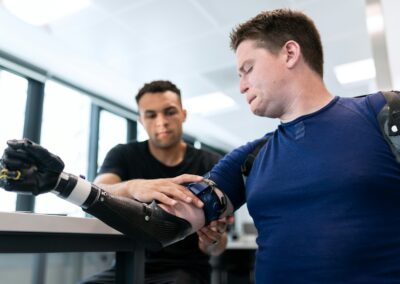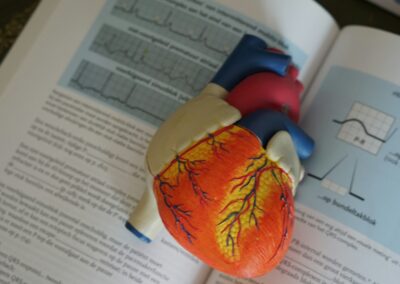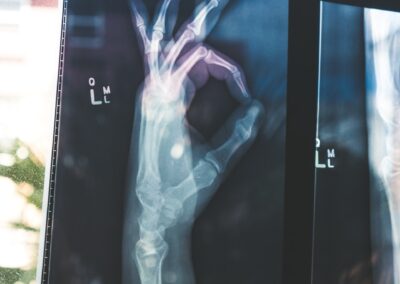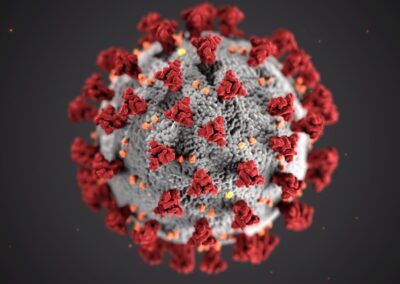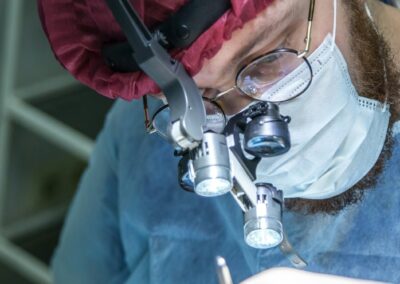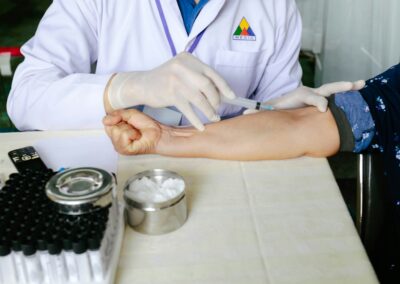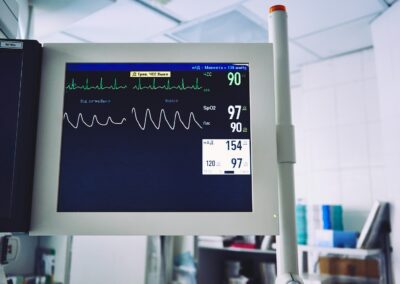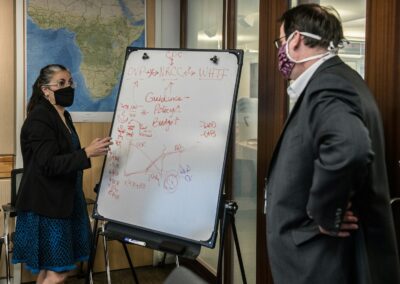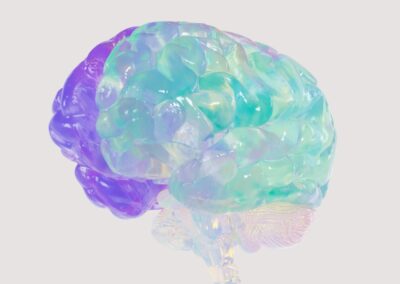How AI-Driven Tools in Healthcare Diagnosis Are Revolutionizing Medical Practices in Saudi Arabia and the UAE
Accelerating Diagnosis with AI-Driven Tools
The integration of AI-driven tools in healthcare diagnosis is rapidly transforming the medical landscape, particularly in regions like Saudi Arabia and the UAE, where innovation is a key focus. These tools leverage advanced algorithms to analyze vast amounts of medical data, enabling healthcare providers to make faster and more accurate diagnoses. In environments where timely decision-making is crucial, such as emergency departments or specialized clinics, AI tools can significantly enhance the speed at which patients receive care. This not only improves patient outcomes but also optimizes the overall efficiency of healthcare systems.
In cities like Riyadh and Dubai, where the healthcare infrastructure is continually evolving, the adoption of AI-driven diagnostic tools aligns with broader national goals like Saudi Vision 2030 and the UAE’s healthcare modernization initiatives. AI systems can analyze complex medical data, such as imaging results, laboratory tests, and patient histories, in real time. For instance, AI algorithms can rapidly assess radiological images to detect abnormalities like tumors or fractures with a level of precision that rivals, and in some cases exceeds, human capability. By integrating these tools into everyday medical practice, healthcare providers in Saudi Arabia and the UAE can ensure that diagnoses are not only faster but also more accurate, leading to better treatment plans and improved patient care.
Moreover, AI-driven tools are particularly beneficial in reducing diagnostic errors, which are a significant challenge in healthcare systems worldwide. By providing a second layer of analysis, AI can help identify potential oversights or errors that might occur during manual reviews. This is especially important in complex cases where the subtleties of a condition may be missed by even the most experienced clinicians. In a region where healthcare excellence is a priority, the use of AI-driven tools represents a critical advancement in ensuring that patients receive the most accurate and timely diagnoses possible.
Integrating AI-Driven Tools into Healthcare Systems
The successful implementation of AI-driven tools in healthcare diagnosis requires a strategic approach that considers both technological and human factors. In Saudi Arabia and the UAE, where healthcare systems are becoming increasingly sophisticated, the integration of AI must be accompanied by effective change management and executive coaching services to ensure that healthcare professionals are fully equipped to utilize these new technologies.
One of the primary challenges in adopting AI-driven diagnostic tools is ensuring that healthcare providers have the necessary skills and knowledge to use these tools effectively. This is where change management comes into play. By providing comprehensive training programs and continuous professional development opportunities, healthcare organizations can help their staff transition smoothly to using AI tools in their diagnostic processes. In Riyadh and Dubai, where the emphasis on high-quality healthcare is paramount, investing in the education and training of healthcare professionals is essential for maximizing the benefits of AI-driven diagnostics.
Additionally, leadership and management skills are crucial in guiding the integration of AI tools within healthcare settings. Healthcare executives must be able to communicate the benefits of AI to their teams, addressing any concerns or resistance that may arise. This requires a deep understanding of both the technology and the clinical environment, as well as the ability to inspire confidence and trust among healthcare providers. In regions like Saudi Arabia and the UAE, where leadership is a driving force behind healthcare innovation, executive coaching services can play a pivotal role in developing the leadership skills necessary to successfully implement AI-driven diagnostic tools.
Furthermore, the use of AI in healthcare diagnosis is complemented by other emerging technologies such as blockchain and the metaverse. Blockchain can enhance the security and transparency of patient data, ensuring that the information used by AI systems is accurate and reliable. The metaverse, on the other hand, offers virtual environments where healthcare providers can simulate diagnostic scenarios, allowing them to practice using AI tools in a controlled setting before applying them in real-world situations. By integrating these technologies, healthcare systems in Saudi Arabia and the UAE can create a robust and secure framework for AI-driven diagnostics, ultimately leading to more effective and efficient patient care.
#AIinHealthcare #AccurateDiagnosis #HealthcareInnovation #SaudiVision2030 #UAEHealthcare #ChangeManagement #ExecutiveCoaching #BlockchaininHealthcare #GenerativeAI #LeadershipSkills #MedicalTechnology



